
29 May 2018 | Judicial Power and the Left
Judicial Power and the Left: Notes on a Sceptical Tradition is a stimulating and provocative selection of essays. It is part of Policy Exchange’s timely Judicial Power Project which focuses on the role of judges within the constitution. The voices in this collection...

9 May 2018 | University of Queensland Law Journal special issue
Yesterday we published our essay on ‘Putting Judicial Power In Its Place’ from the recent special issue of the University of Queensland Law Journal. We are pleased to publish the entire special issue as well. Contents Judicial Power and Judicial Responsibility |...
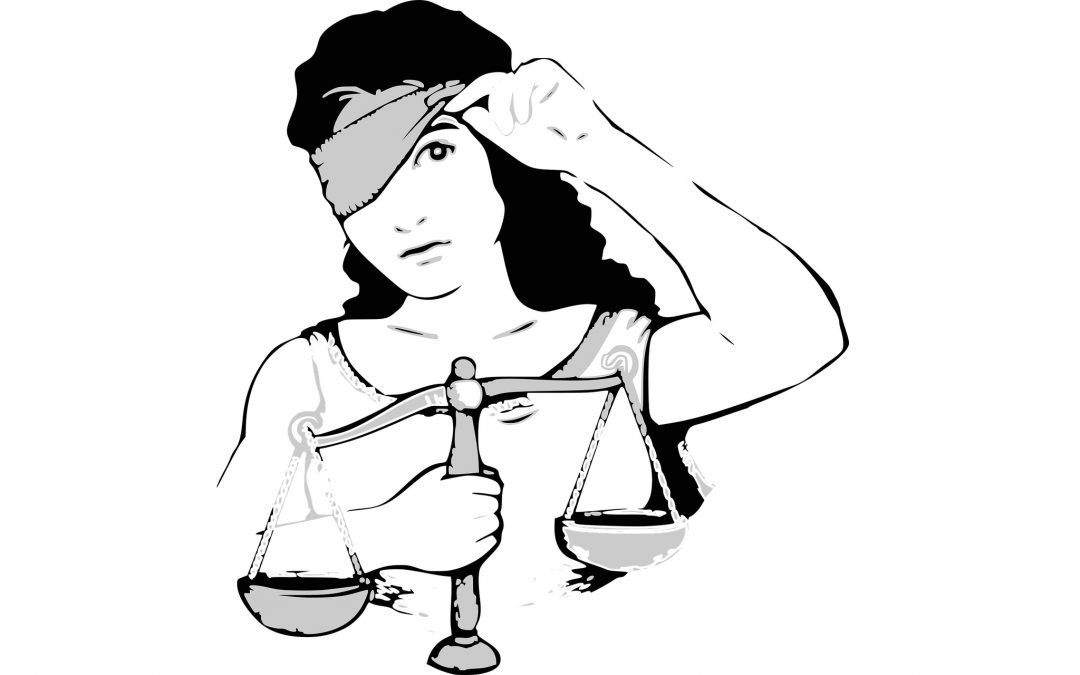
8 May 2018 | University of Queensland Law Journal special issue
Assertions of judicial power and controversies about its proper exercise are nothing new. Still, constitutional law and practice are not static and the scope of judicial power in any particular jurisdiction may wax or wane over time. The common law world has long...

26 Apr 2018 | Judicial Power and the Left
I have spent the last days reflecting on an excellent collection of short essays ‘Judicial Power and the Left’. The essays examine the relationship of the Left with the judiciary, and are best seen as a reaction against the Left’s (and here I quote from Jon Cruddas...

19 Apr 2018 | Judicial Power and the Left
The Judicial Power Project is on to something with its collection of a dozen essays, entitled Judicial Power and the Left published earlier this year. It is just that the something is not, in my opinion, a deepening of our understanding of judicial power or, at least,...
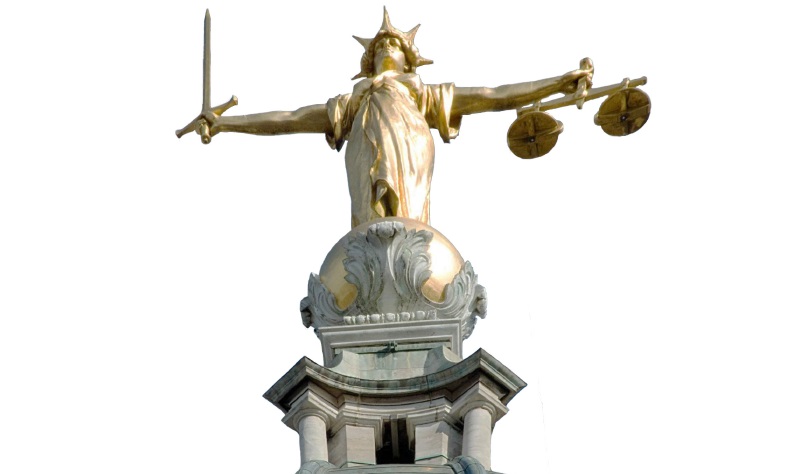
22 Mar 2018 | Human Rights and Political Wrongs
In his recent study for Policy Exchange’s Judicial Power Project, Sir Noel Malcolm (All Souls College, Oxford) considers European Human Rights law and finds it wanting. The European Court of Human Rights, he argues, operates on principles that are incoherent and...

22 Mar 2018 | Human Rights and Political Wrongs
I am very grateful to these five distinguished authors (Professor Finnis, Baroness O’Neill, Lord Phillips, Professor Tasioulas and Professor Verdirame) for taking the time and trouble to comment on my work. Without writing at even greater length, I cannot deal with...
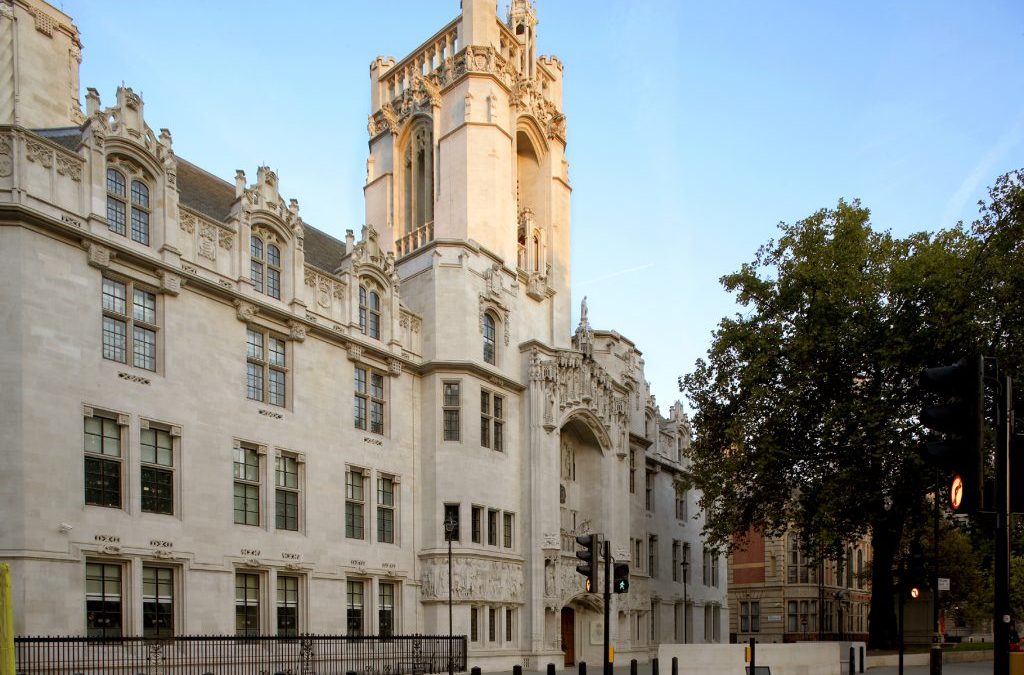
15 Mar 2018 | Publications
In the UNISON case, the Supreme Court quashed the Government’s use of its statutory power to impose fees for employment tribunal proceedings. It ruled that the fees were unlawful because the level at which they had been set had the effect in practice of limiting...
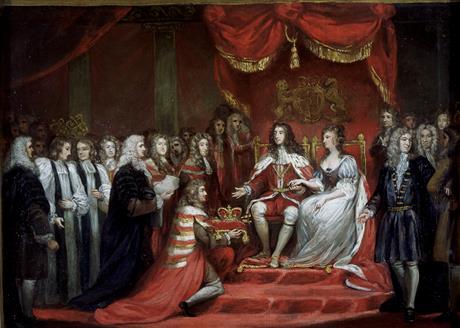
13 Mar 2018 | Human Rights and Political Wrongs
The Human Rights Act (HRA) has been a centrepiece of the British Constitution for almost twenty years. The idea that, over 300 years after the 1688 Bill of Rights, Britain should have a new bill of rights was laudable. But its implementation was a failure of legal and...
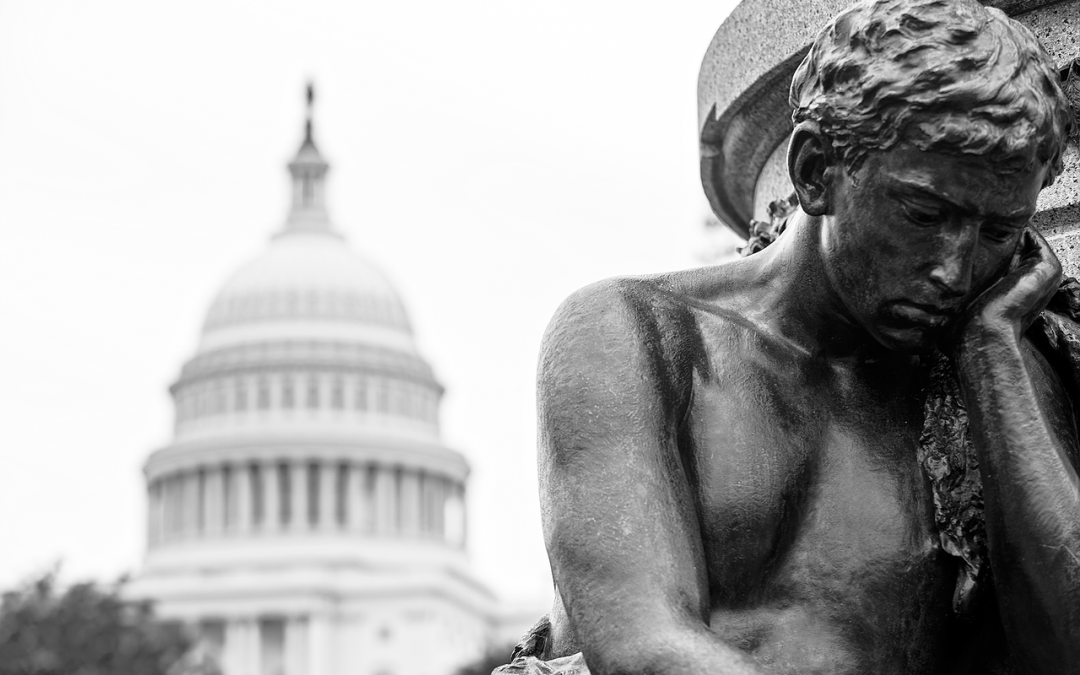
9 Mar 2018 | Human Rights and Political Wrongs
Chapter 5 of Sir Noel Malcolm’s Human Rights and Political Wrongs examines leading moral-philosophical theories of human rights and issues a damning verdict. Their advocates, according to Malcolm, are just ‘whistling in the dark’. By contrast, he...

8 Mar 2018 | Human Rights and Political Wrongs
Human Rights and Political Wrongs gives us an unrivalled explanatory checklist of the ways in which the European Court of Human Rights (and so any court that takes its cue from the ECtHR) has expanded the power of judges to declare that laws adopted in a civilized,...
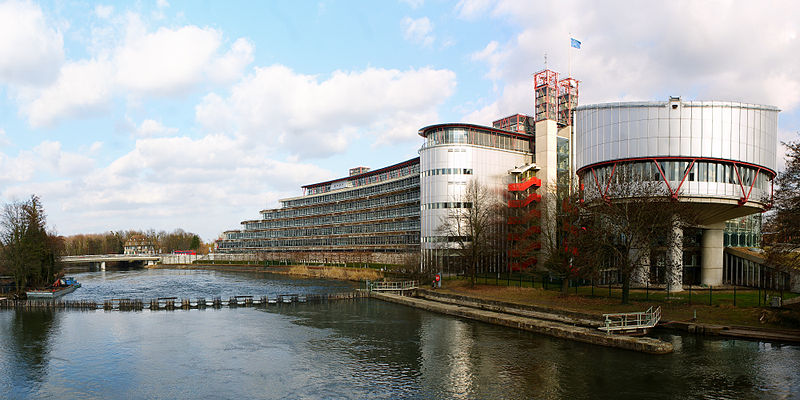
7 Mar 2018 | Human Rights and Political Wrongs
In this book Sir Noel Malcolm advances three propositions. The first is that there is no moral or philosophical basis for human rights; they are essentially political. The second is that the jurisprudence of the Strasbourg Court has been unsatisfactory. The third is...
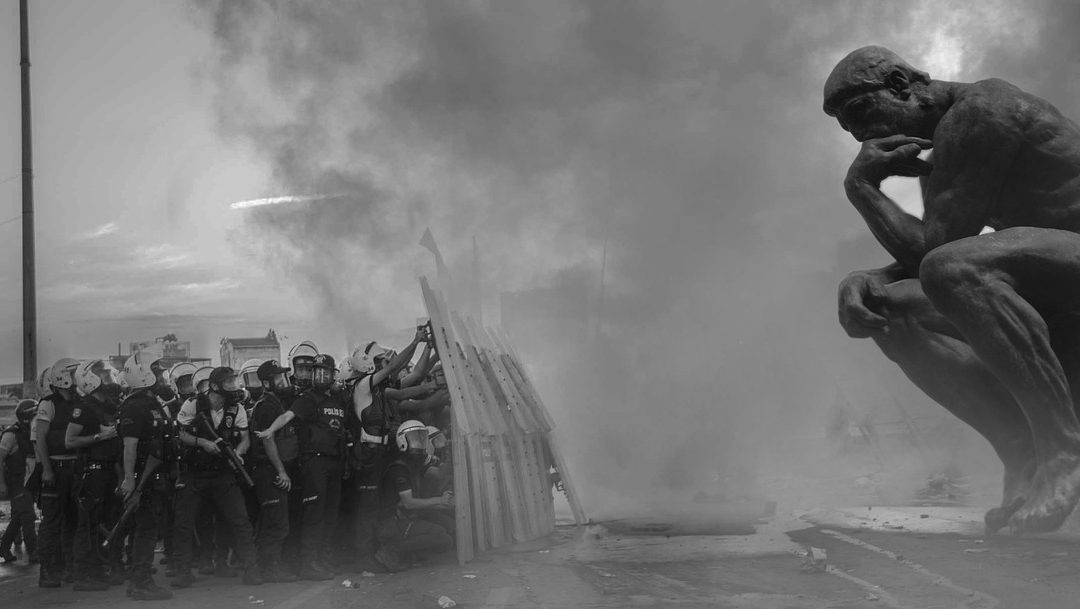
6 Mar 2018 | Human Rights and Political Wrongs
Noel Malcolm is surely right both that human rights standards are important, and that accounts of human rights are currently in some trouble. I think that he is also right that some of these troubles have been brought about not by those who are hostile to or who...

2 Mar 2018 | Judicial Review and Judicial Independence
In a new paper for Policy Exchange’s Judicial Power Project the Honourable Dyson Heydon AC QC, former Justice of the High Court of Australia, asks Does Political Criticism of Judges Damage Judicial Independence? In the paper, Mr Heydon challenges the conventional...
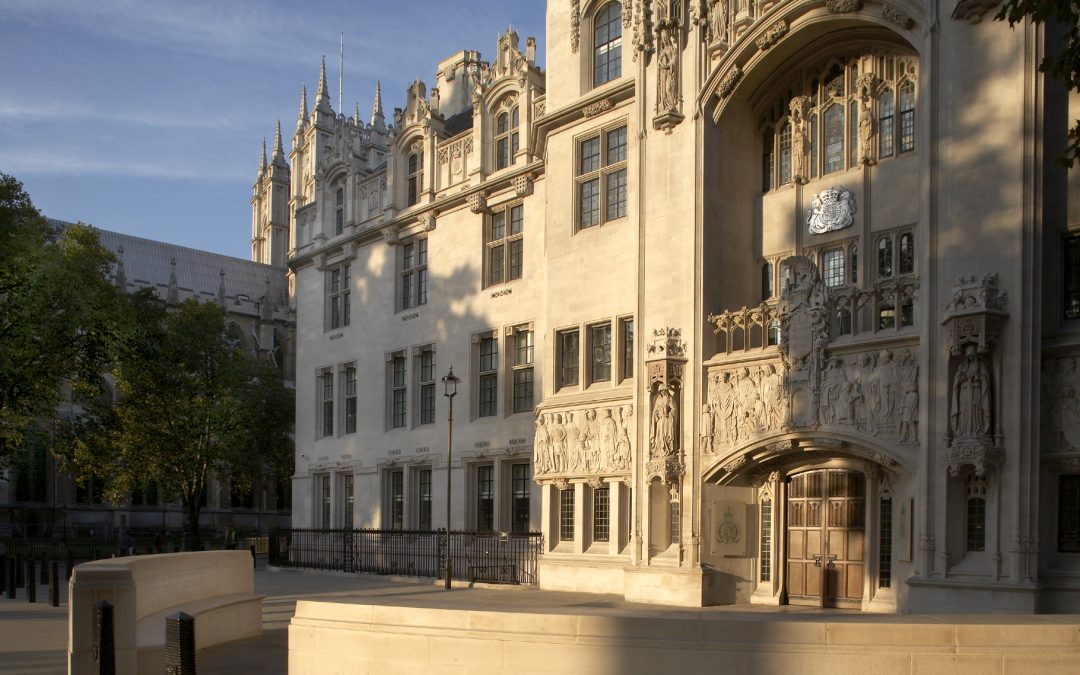
1 Mar 2018 | Judicial Review and Judicial Independence
The Honourable Dyson Heydon AC QC, former Justice of the High Court of Australia and one of the common-law world’s foremost figures, considered the rise of judicial review around the world in an event at Policy Exchange. Heydon warned that the phenomenon of rising...

26 Feb 2018 | News
Representatives of Policy Exchange’s Judicial Power Project have submitted written evidence to the inquiry by Parliament’s Joint Committee on Human Rights, Human Rights: Attitudes to Enforcement. The evidence was complied by Professor Richard Ekins, the...

6 Feb 2018 | Posts
The latest judgment in the saga of data retention provides further evidence of the problems and uncertainties created by the European Court of Justice. First a recap on the story so far. Since the dawn of telecommunications the companies involved have been recording...
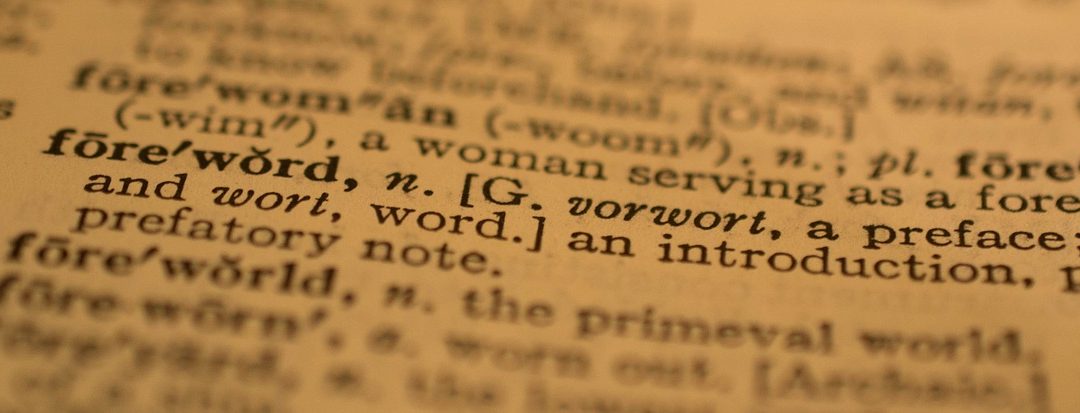
2 Feb 2018 | Judicial Power and the Balance of Our Constitution
John Finnis is one of the most distinguished legal philosophers of our age, who has spent more than half a century thinking and writing about the concept of judicial power. In October 2015 Professor Finnis delivered his powerful lecture, “Judicial Power, Past Present...

2 Feb 2018 | Judicial Power and the Balance of Our Constitution
The scope of judicial authority is a matter of the utmost public importance. The common law tradition of adjudication has long understood that authority to be limited and disciplined: the courts have not enjoyed any general power to change the law, or to depart from...
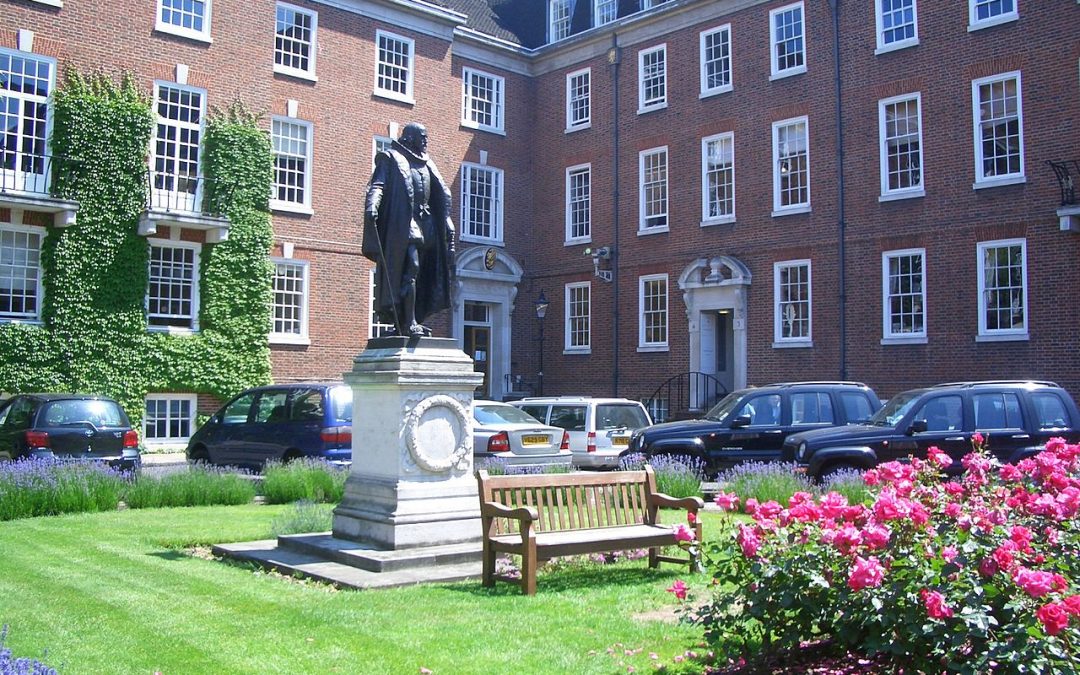
2 Feb 2018 | Judicial Power and the Balance of Our Constitution
Introduction As we came into the Inn and crossed its South Square to reach the Benchers’ Entrance, we all passed the statue of Francis Bacon, truly outstanding among this country’s scholars and lawyers. One of the most well-known of his Essays is on Judicature, or as...
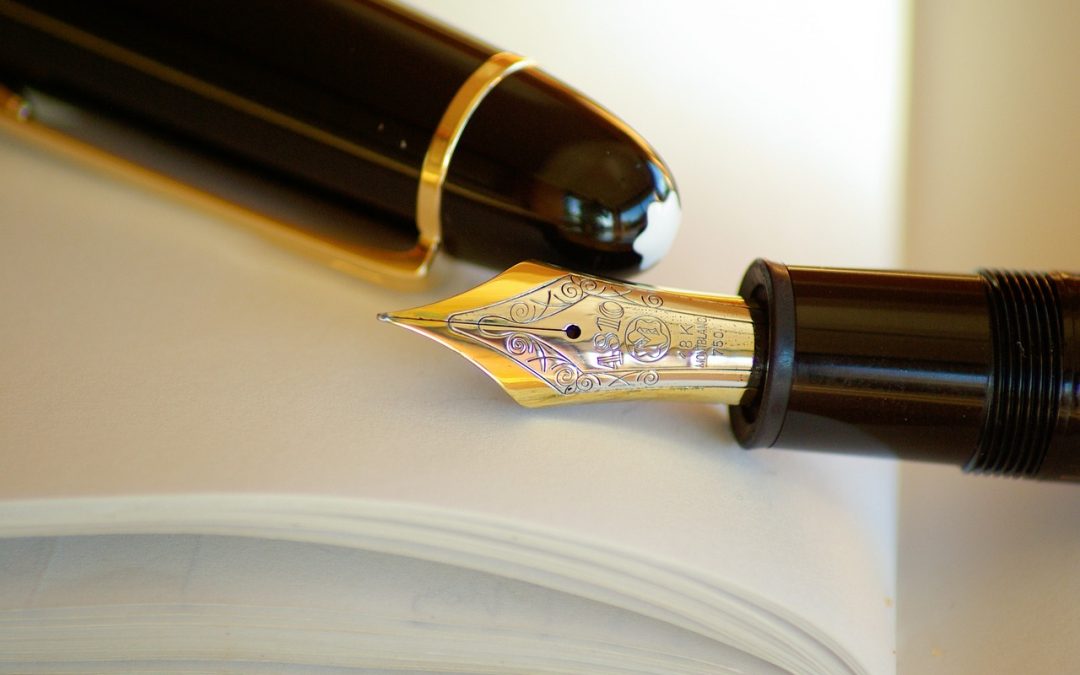
2 Feb 2018 | Judicial Power and the Balance of Our Constitution
Professor Finnis’ paper Judicial Power: Past, Present and Future describes developments in the United Kingdom which have led to what he sees as a legal quagmire, and advocates a push back towards judicial deference to legislative policy preferences, based upon respect...

2 Feb 2018 | Judicial Power and the Balance of Our Constitution
What is the proper function of the judge? And what, in a democratic society, are the proper boundaries between the judicial, executive and legislative arms of the state? This is a perennial debate about which opinions differ. Professor Finnis, in a characteristically...

2 Feb 2018 | Judicial Power and the Balance of Our Constitution
One of Professor Finnis’ major themes is that the courts are concerned with the past, while Parliament looks to the future and the Executive attends to the present. I agree with Professor Finnis that the primary role of the courts, including final courts of appeal, is...

2 Feb 2018 | Judicial Power and the Balance of Our Constitution
John Finnis has made many trenchant points in Judicial Power: Past, Present and Future. The following seeks to highlight what can flow from two of them. One is the danger arising from what he calls “inequality of arms”. This takes place, he argues, where the...

2 Feb 2018 | Judicial Power and the Balance of Our Constitution
Past, Present and Future John Finnis contrasts the temporal perspectives of legislatures, executives, and the judiciaries. As he sees it, legislatures look forward as they seek to work out how a framework of law might be improved; executives address current...

2 Feb 2018 | Judicial Power and the Balance of Our Constitution
The foregoing responses — one by a scholar-participant in the deliberations of the Upper House of Britain’s Parliament, and four by distinguished judges in the common-law constitutional tradition — all share the Lecture’s aim: to evoke that tradition (initially in its...

2 Feb 2018 | Judicial Power and the Balance of Our Constitution
Here are the main uses of “guardian(s) of the Constitution” in UK-related courts. I asterisk sentences that seem to me fallacious. 1 In Akar v AG Sierra Leone [1970] AC 853 at 872, Lord Guest, dissenting, said: Although the courts are the guardians of the...
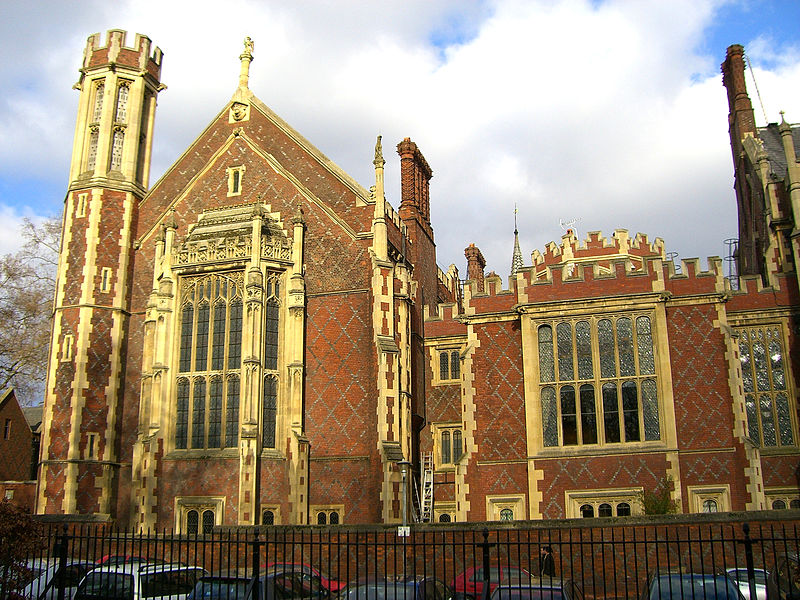
2 Feb 2018 | Judicial Power and the Balance of Our Constitution
The Lord Chief Justice, the Master of the Rolls, and Lord Justice Sales have ruled that the Crown’s prerogative of conducting international relations and making and unmaking treaties does not authorise our Government to notify the European Council, pursuant to Art. 50...
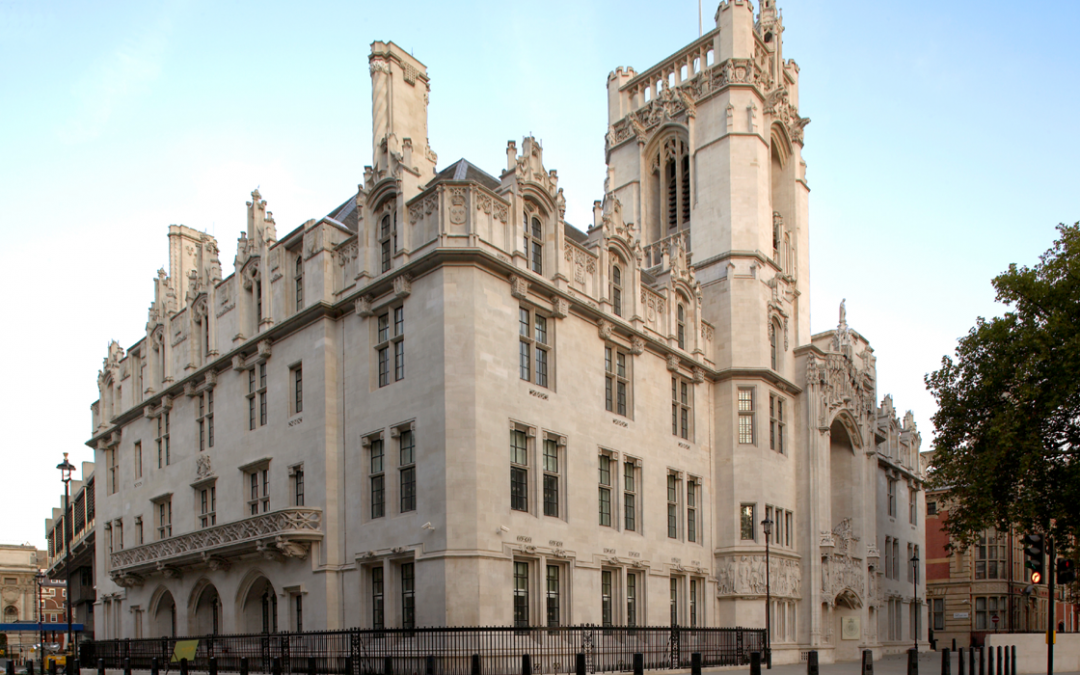
2 Feb 2018 | Judicial Power and the Balance of Our Constitution
Brief observations on the final Miller judgment[1] My first thought about Miller[2]: We are leaving the EU just in time; our Supreme Court is going native — reading statutes like courts in European jurisdictions characteristically do, subordinating deliberate wording...

17 Jan 2018 | Events, Past events
In his new study for Policy Exchange’s Judicial Power Project, leading historian of ideas Sir Noel Malcolm considers European Human Rights law and finds it wanting. The European Court of Human Rights, he argues, operates on principles that are incoherent and...































